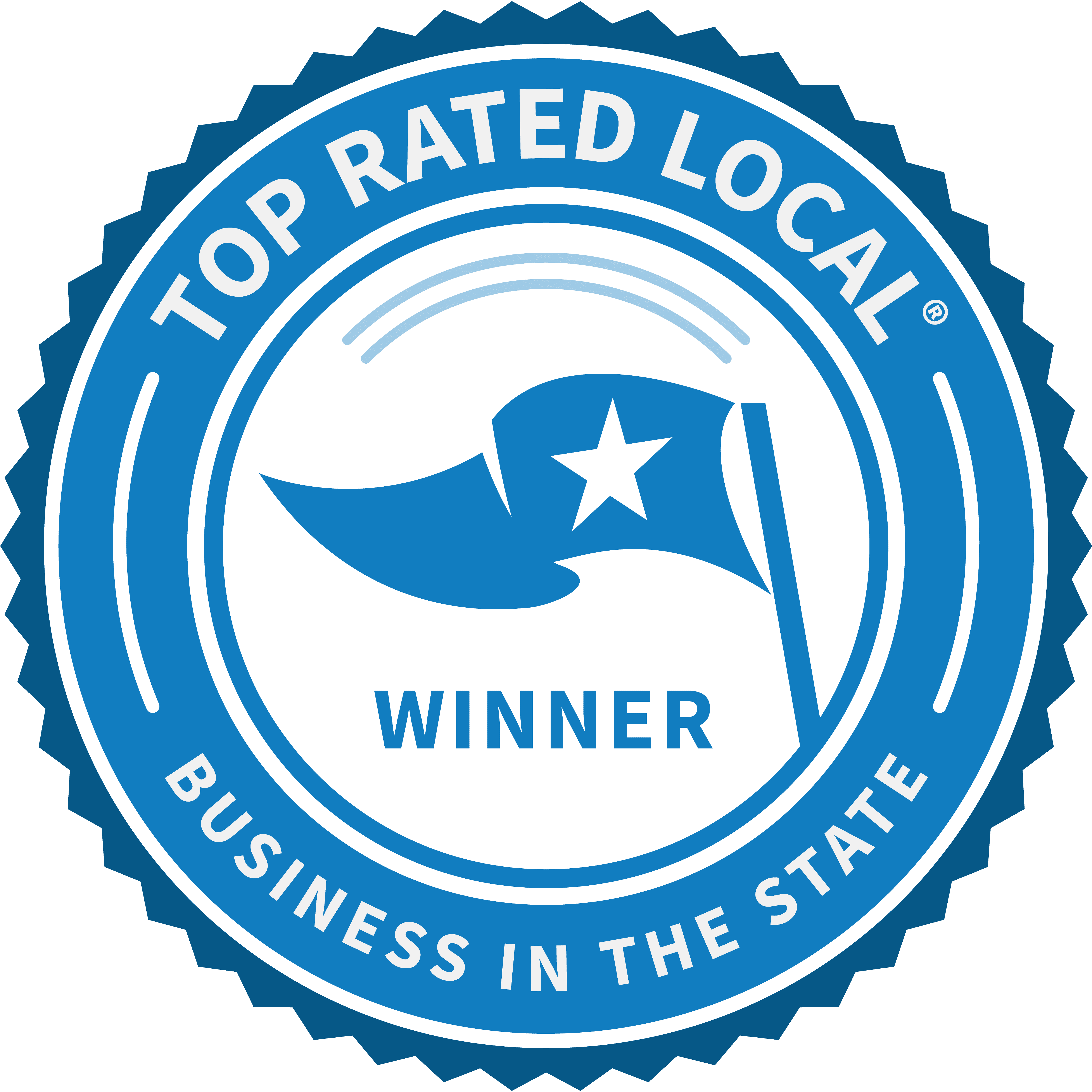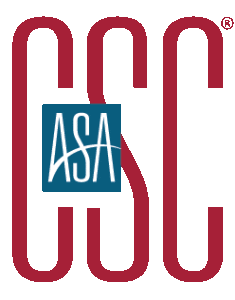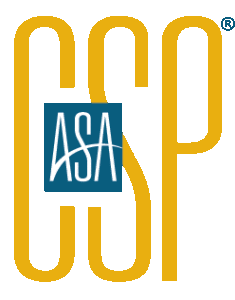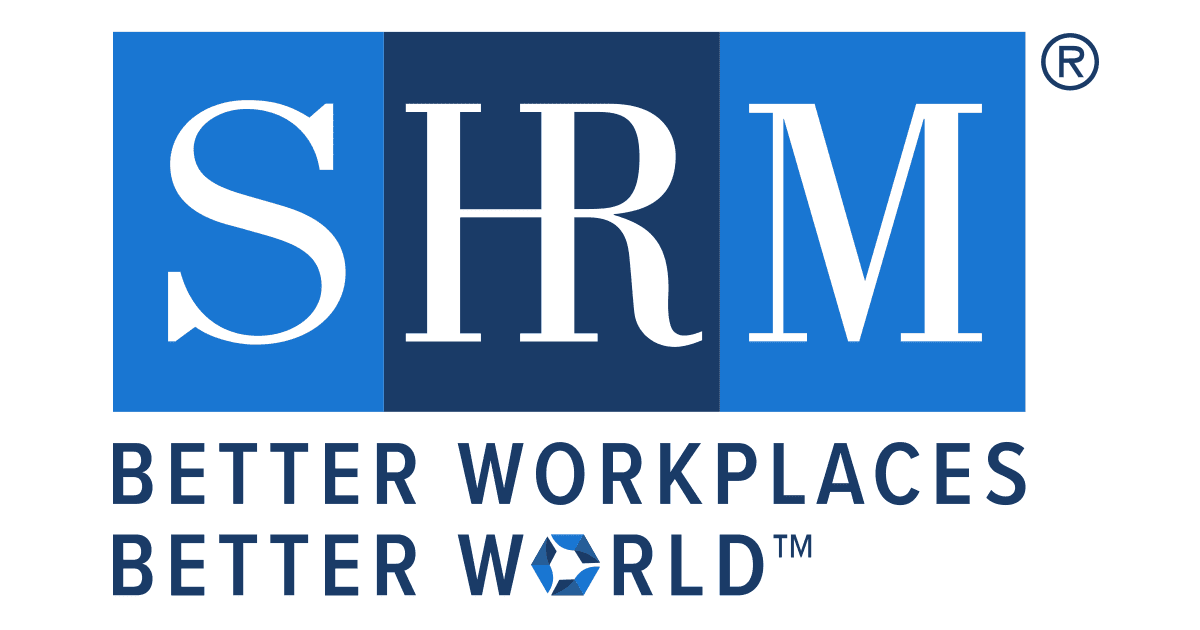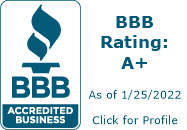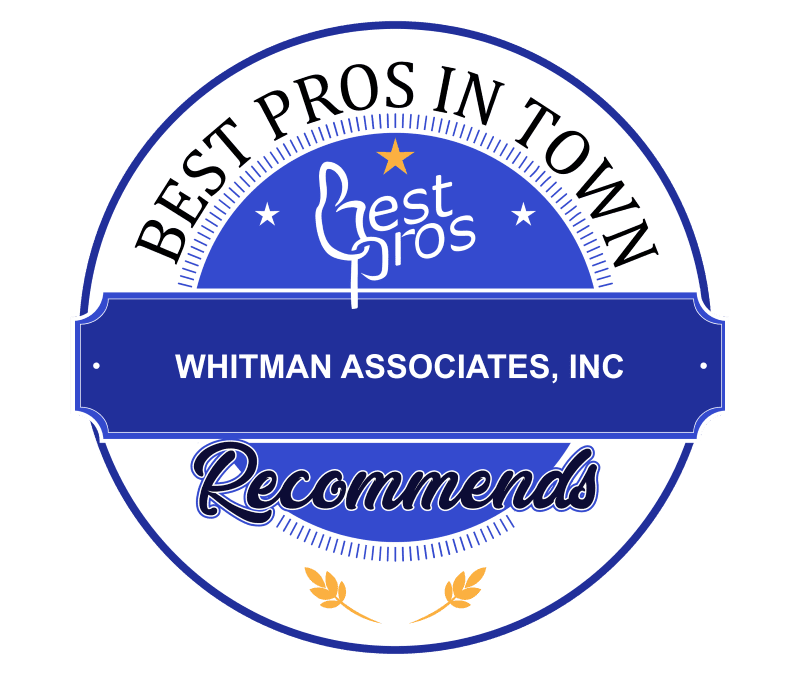
Key Takeaways
- Be professional and show initiative while working as a temp. Treat every assignment like an interview.
- Some of the benefits of working for a temp agency include flexibility, skill building and exposure to potential future employers.
- The best professional tips for the workplace are often the simplest. Be a good communicator, show that you can be reliable and be enthusiastic about your role, even on a short stint.
A temporary assignment can be a doorway to long-term career growth. Working as a temp for an agency means more than just filling a short-term role. Rather, it’s a chance to showcase your professionalism and value to future employers.
Here at Whitman Associates, Inc., we’ve seen many candidates in the D.C. metropolitan area turn temporary work into fulfilling, permanent careers.
The right mindset and a few professional tips for the workplace can make all the difference.
How to Build a Professional Reputation from Day One
As the saying goes, you never get a second chance to make a first impression. When working as a temp for an agency, it’s best to treat the assignment as a continuous interview. Arrive on time, dress appropriately, and treat every task with care. Supervisors remember temp employees who know how to communicate and deliver quality work.
You don’t need to worry about being perfect. However, you should be dependable. Follow instructions, meet deadlines and maintain a well-organized workspace.
The more you can incorporate these professional tips for the workplace into your daily routine, the more likely your supervisors will see that you’re ready for greater responsibility.
Be a Good Communicator
When you’re working as a temp for an agency, communication is one of the most important elements to get right. If instructions are unclear, don’t hesitate to ask questions. Check in regularly with your supervisor to make sure you’re meeting expectations and that your work is in line with company goals.
For every project you receive, confirm the details either in person or via email. This shows you have initiative and prevents you from ever having to go through the dreaded “there must have been a miscommunication” talk.
With every communication opportunity, remember to be professional. Avoid using slang or discussing personal topics. The greater you are at exercising a high level of professionalism, the better your superiors will view your reliability and commitment to the organization.
Take Initiative and Show Enthusiasm

Supervisors notice employees who contribute beyond their job description. While you’re working as a temp for an agency, keep an eye out for moments to offer help or suggest small improvements.
Offer to assist your colleague in organizing a filing system or volunteer for an extra task outside your regular to-do list. Taking initiative is one of the main qualities of a good employee.
Having a positive attitude about your work can open doors to future opportunities. One of the biggest benefits of working for a temp agency is that you get exposure to different workplaces. The more you make a lasting impression at these jobs, the more likely you’ll be considered when a permanent role becomes available.
Learn from Each Assignment
With every placement comes a chance to learn new skills and meet new professionals. Staying adaptable when working as a temp for an agency can help you develop experience in numerous industries, such as marketing, admin or customer service.
This goes back to the tip above regarding approaching tasks with curiosity. Ask about different processes, observe workflows and take mental notes as you shadow employees.
Remember that one of the greatest benefits of working for a temp agency is variety. You can explore different work environments until you find one that you feel best fits your strengths and goals.
Network and Build Lasting Relationships
The professional relationships you build as a temp will ultimately influence your career for years. It’s one of the major benefits of temporary work.
One of the greatest pieces of advice we can give to an individual working as a temp for an agency is to be helpful, approachable and respectful with everyone. It shouldn’t matter if you’re talking to a department head or the staff at the front desk.
This isn’t a time to be passing out your business card. It’s a time to show that you’re a genuine person who is easy to work with.
The more you practice these professional tips for the workplace, the better the lasting impression you’ll leave beyond your current assignment.
Keep a Positive Attitude, No Matter How Short the Assignment

Temp roles can vary. Some can last for months at a time, while others are just a few days. When working as a temp for an agency, stay positive during transitional periods. Doing so shows flexibility and emotional intelligence.
Switching from one role to the next can feel like a lot of pressure, though approaching it with a calm attitude shows you can handle it. No matter how brief your project is, never view it like a placeholder. Treat it as an opportunity to refine your skills and demonstrate how adaptable you can be.
Your mindset has a major influence on your reputation. The more you focus on growth and keep your energy up, the easier it’ll be for you to reap the benefits of working for a temp agency in the long run.
What to Do When Temporary Turns Permanent
Many professionals begin working as temps for agencies before they ever receive full-time offers. Companies value employees who prove they know how to handle challenges, follow directions and fit in with their culture.
If you’ve approached your temp work with professionalism and shown initiative throughout the process, your next opportunity could be right in front of you.
Our team at Whitman Associates can help you find success as a temp employee and transition into a permanent position, just like we’ve helped countless others.
Start Working as a Temp for an Agency in D.C.
Whether you’re new to the workforce or looking for a change in your career, working as a temp for an agency can offer flexibility and growth in your professional development.
Here at Whitman Associates, we help temps gain the confidence, skills and experience they need to land permanent roles at respected organizations across D.C., Maryland and Virginia.
When you’re ready to take on a new temp role, email your resume to resumes@whitmanjobs.com or get in contact with us.


















